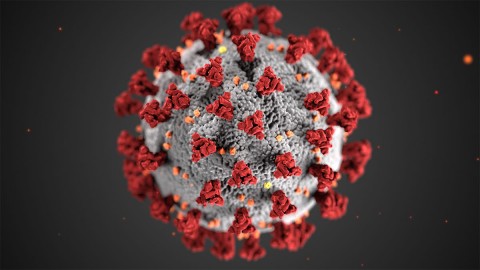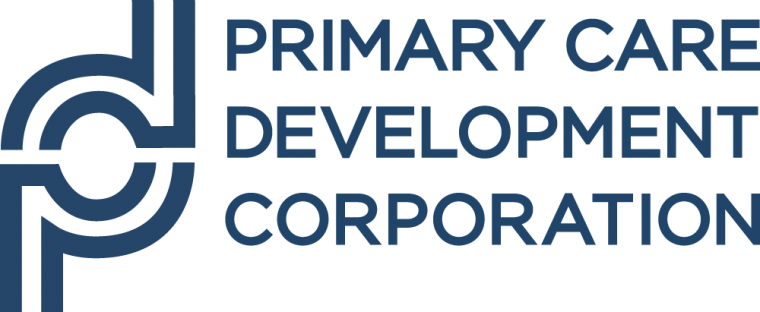New York
New York State has been a national leader in medical home activity and currently has the largest number of regional, multi-payer PCMH initiatives. In 2009, the New York State Assembly authorized two medical home demonstration projects - a multi-payer Medical Home Demonstration in the Adirondack region and a statewide Medicaid PCMH demonstration. In July 2010, Article 5, Title 11 of the New York State Social Services Law, Section 364-m gave the Commissioner of Health the authority to establish a Statewide PCMH program whereby providers who are recognized by the NCQA are eligible to receive additional payments for services provided to Medicaid FFS and managed care enrollees. Preliminary analyses conducted by the NYSDOH indicate that MMC enrollees assigned to a provider within a PCMH have higher quality of care and outcomes as defined by standardized measures of quality. In addition, clinical areas where PCMH providers were initially underperforming such as appropriate antibiotic prescribing, have improved from 2010 to 2011. The Commissioner of Health has the authority to continue the Adirondack program until March 31, 2014. A recent budget request will extend the statewide program until March 31, 2016.
CHIPRA:
No
MAPCP:
Yes
Dual Eligible:
Yes
2703 Health Home:
Yes
CPCi:
Yes
SIM Awards:
Yes
PCMH in QHP:
No
Legislative PCMH Initiative:
Yes
Private Payer Program:
Yes
State Facts:
Population:
19,518,100
Uninsured Population:
9%
Total Medicaid Spending FY 2013:
$54.4 Billion
Overweight/Obese Adults:
61.3%
Poor Mental Health among Adults:
35.1%
Medicaid Expansion:
Yes
CPC+:
CPC+
Investment Description:
New Yorks's legislation was vetoed.
Pagine
Secondary menu
Copyright © 2024 Primary Care Collaborative









